-
Learning French: the meaning of ça va le faire
Plus, what other ways can ça be used?
-
Learning French: Have you ever dreamt in your target language?
From passive listening to active speaking, dreaming in French can indicate you are regularly practicing it
-
Learning French: what does fastoche mean and when should it be used?
Plus, can you guess the meaning behind more simple slang terms ending in -oche
How many of these 12 fruity French expressions do you know?
With France's summer fruit season almost upon us, we pick out some of our favourite fruit-based French phrases
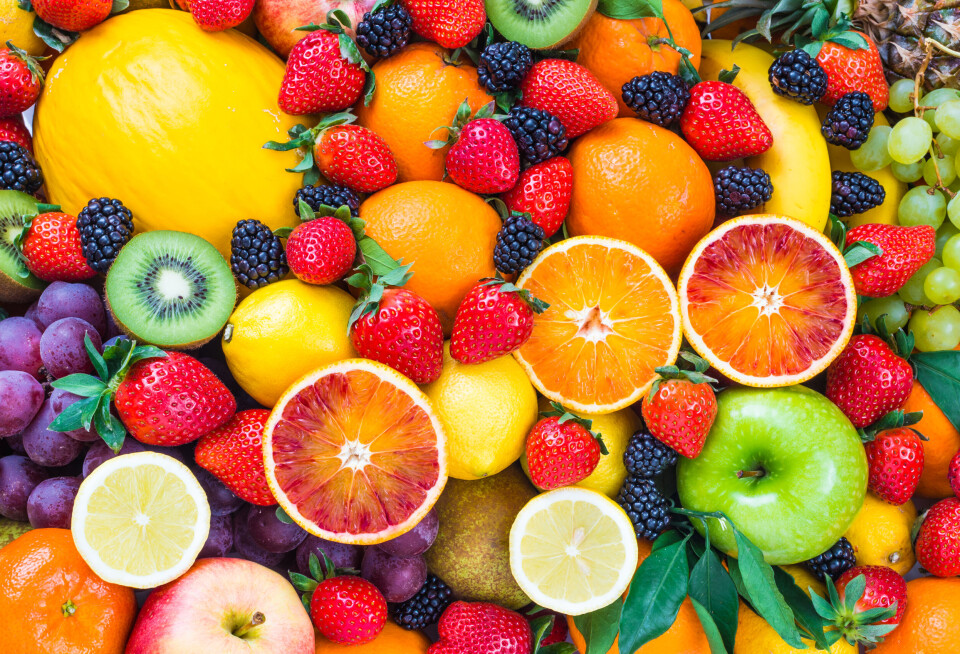
We have selected a dozen fruit-related phrases as France heads into summer, meaning fresh strawberries, apricots, peaches and more. How many of these do you know?
1. Être mi-figue mi-raisin (to be half-fig half-grape)
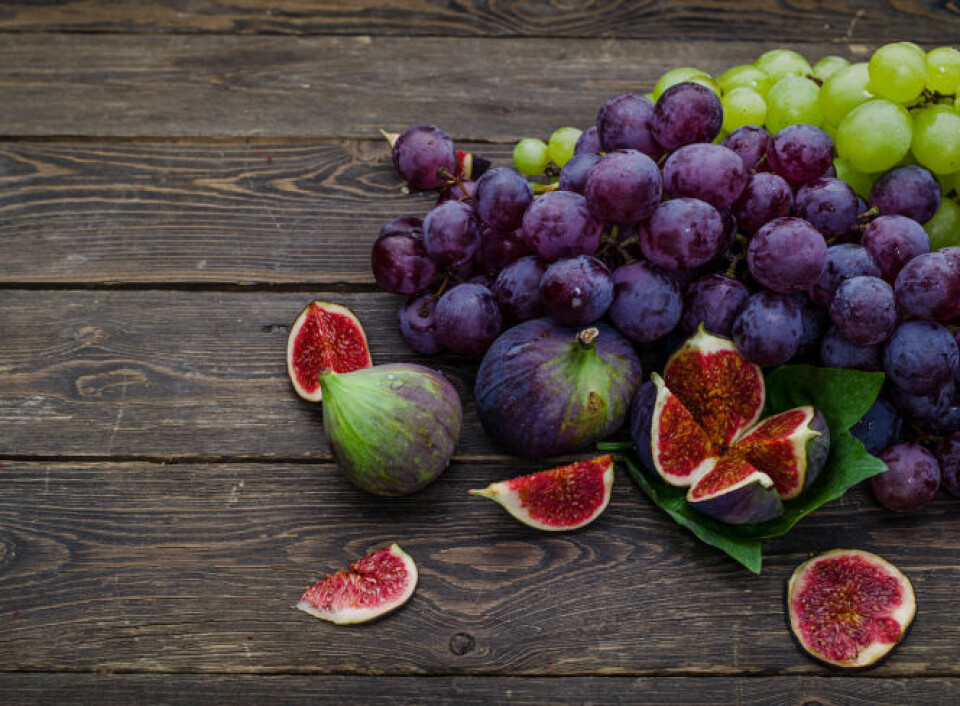
It means that something is good and bad. It is used to show a contradictory feeling.
2. Tomber dans les pommes (literally to fall in the apples)
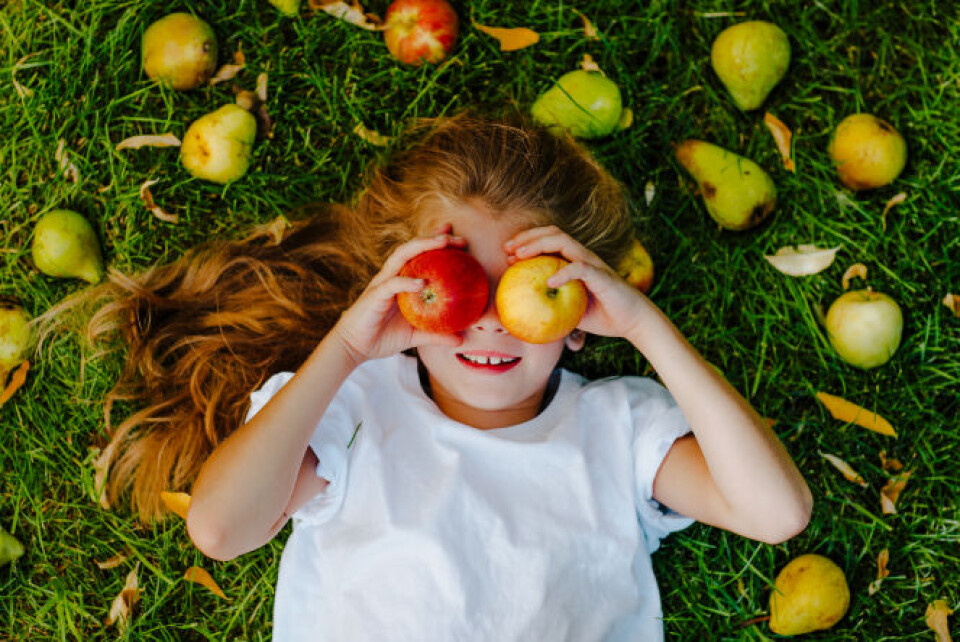
This means to faint. Some claim that it comes from writer George Sand who used the expression être dans les pommes cuites (literally to be in cooked apples) to explain that she was extremely tired.
3. Bonne poire (good pear)
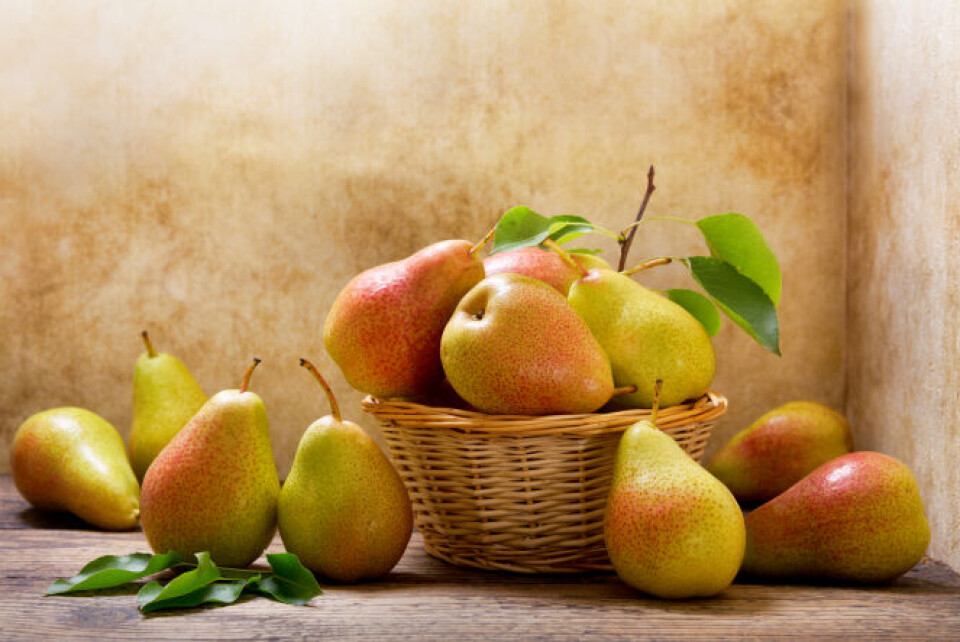
This is said of someone who is naive and too kind. The expression comes from the fact that pears usually fall by themselves from the tree once matured – comparing it to how someone can easily fall into a trap.
4. Avoir la pêche (to have the peach)
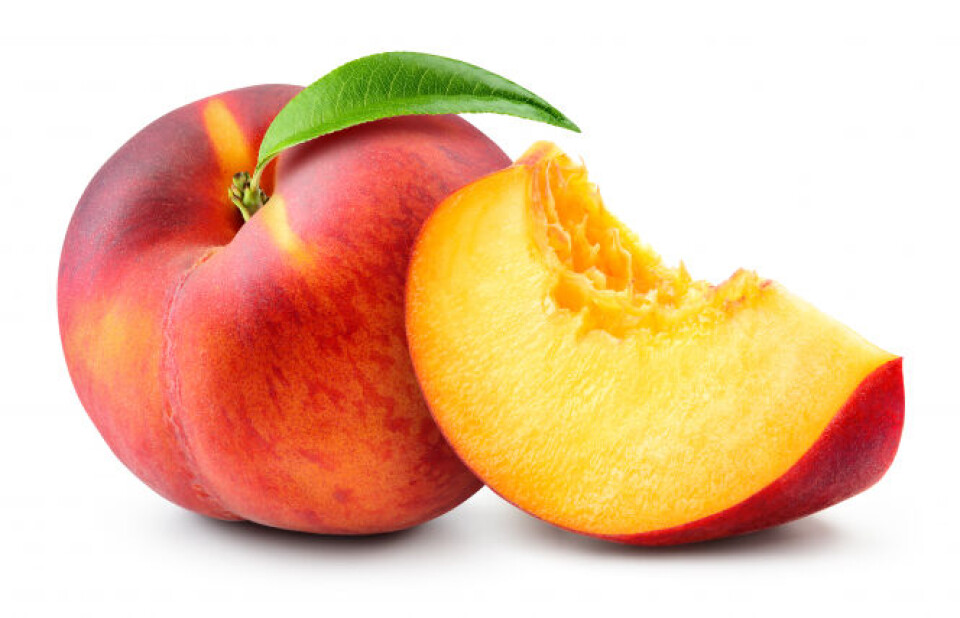
This means to be in a good mood and have a lot of energy. Its origins are unknown but it has been linked to the fact that peaches are a symbol of immortality and health in Chinese culture.
5. Se fendre la poire (to split one's pear)

This means to laugh hard. This dates back to when the caricaturist Charles Philipon drew King Louis Philippe as a pear head. Since that pears often refer to heads and when you laugh your face seems split by your smile.
6. Sucrer les fraises (to put sugar on the strawberries)
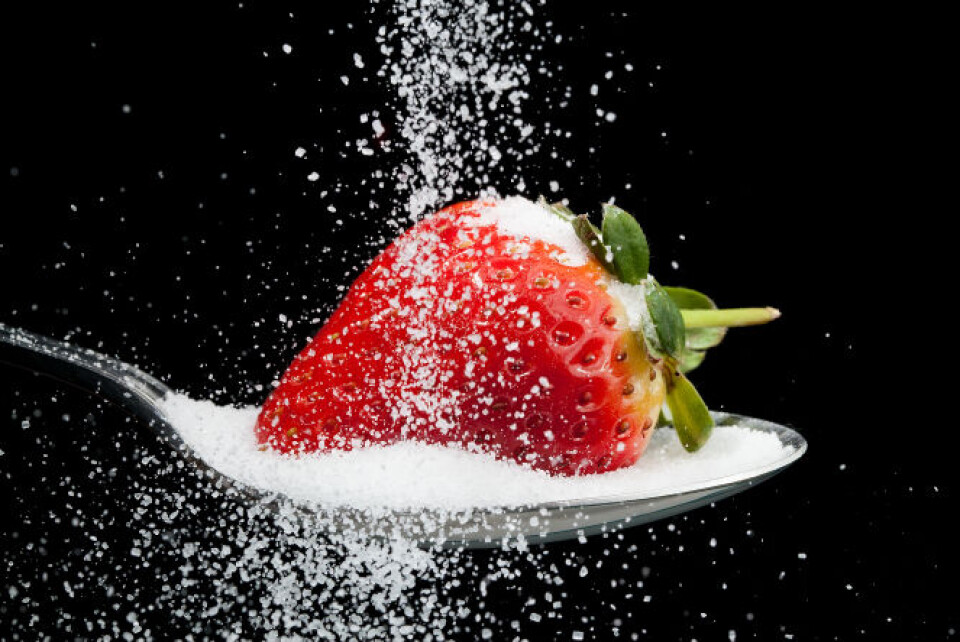
This means to shake nervously and is sometimes used in reference to elderly people with trembling movements. The person trembling is compared to the way you shake your hand when you put sugar on strawberries.
advertisement
7. Haut comme trois pommes (tall like three apples)
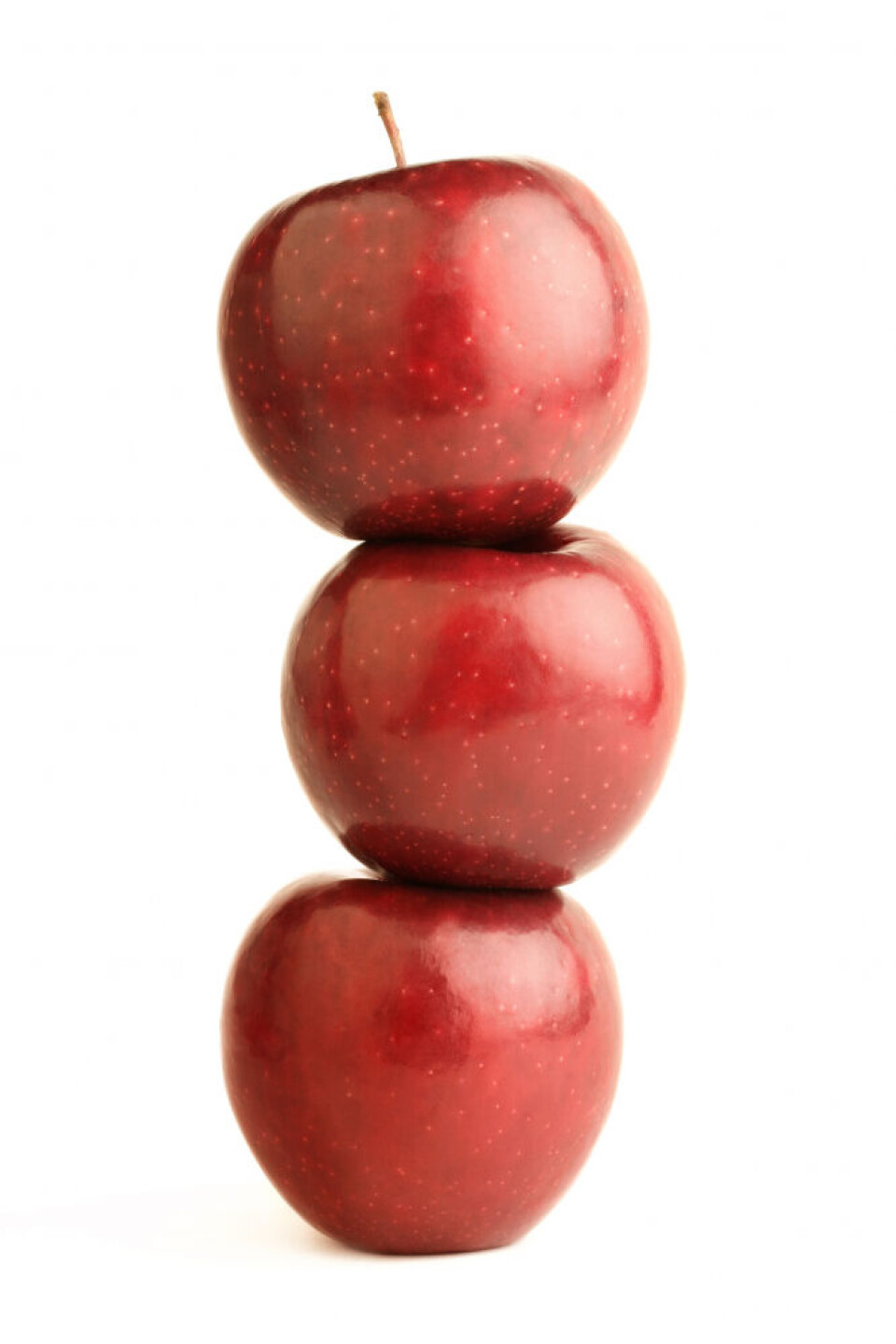
This means to be short.
8. Couper la poire en deux (to cut the pear in two)
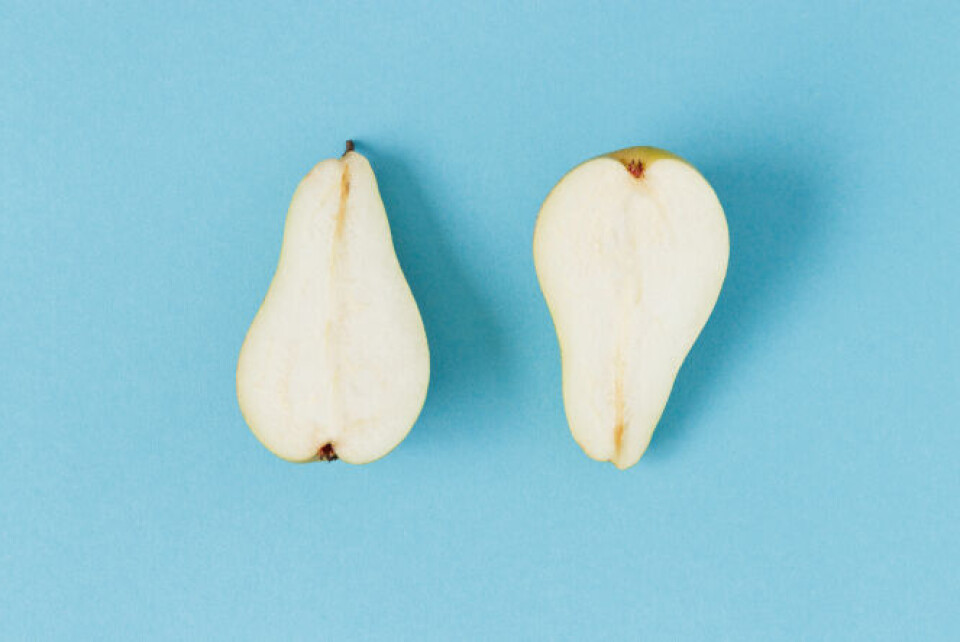
This means to make a compromise.
9. Ramener sa fraise (to bring one’s strawberry)
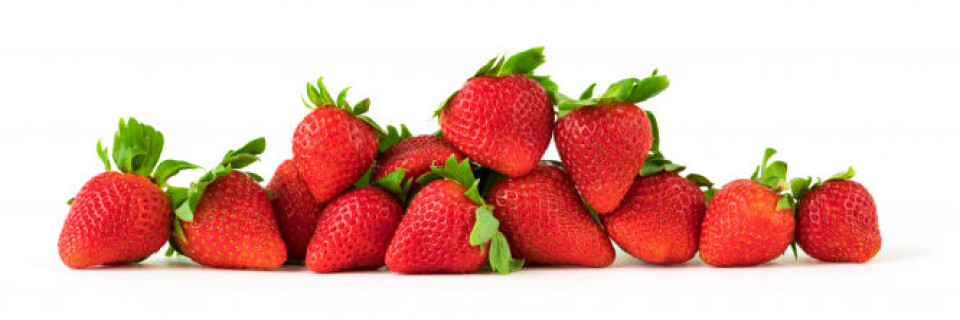
This means to interfere in a situation while nobody asked for your opinion. While fraise is most commonly used to mean 'strawberry', it can also refer to the ruffs which members of high society wore around their necks in the sixteenth and seventeenth centuries.
So 'ramener sa fraise' could perhaps be translated as 'sticking one's nose in' or 'sticking one's oar in', and creates the image of a person's elaborate ruff butting in between people as its owner enters a conversation which does not concern them.
10. Compter pour des prunes (to count for plums)
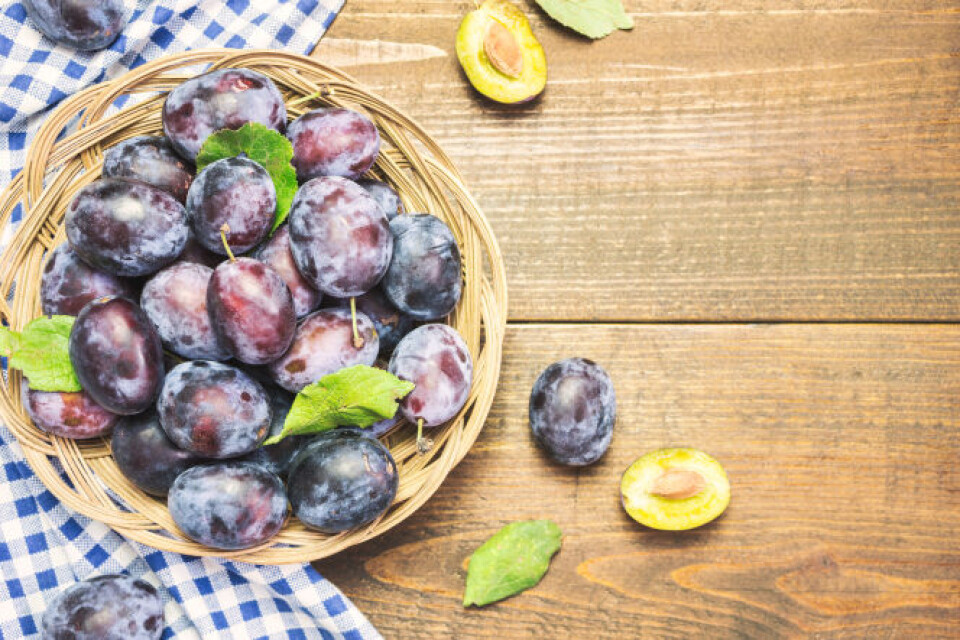
This means to not matter, to not be important. It dates from the 16th century when plums were considered to have no value.
11. Avoir la banane (to have the banana)
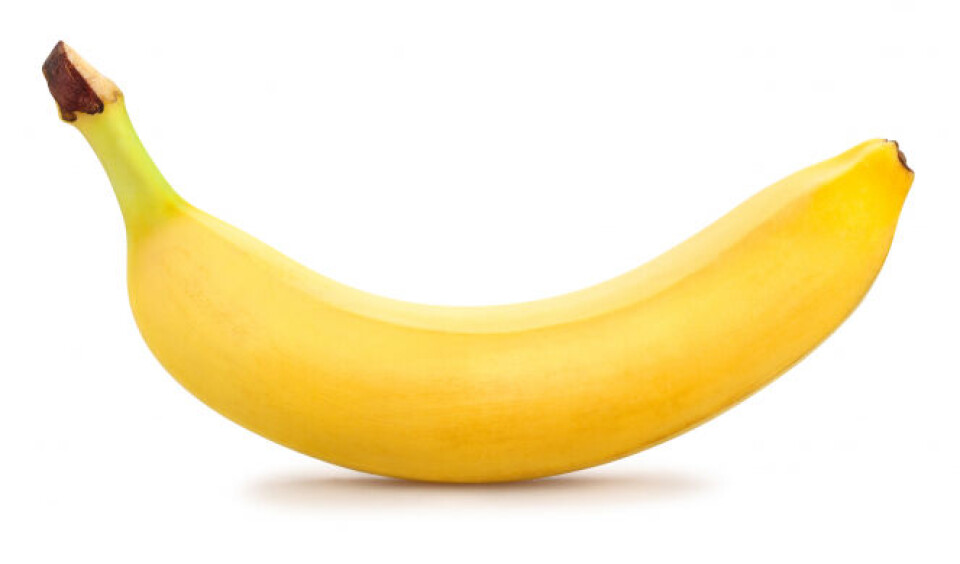
This means to be happy; in a good mood. Banana refers to the smile on someone's face.
12. Avoir le melon (to have the melon)
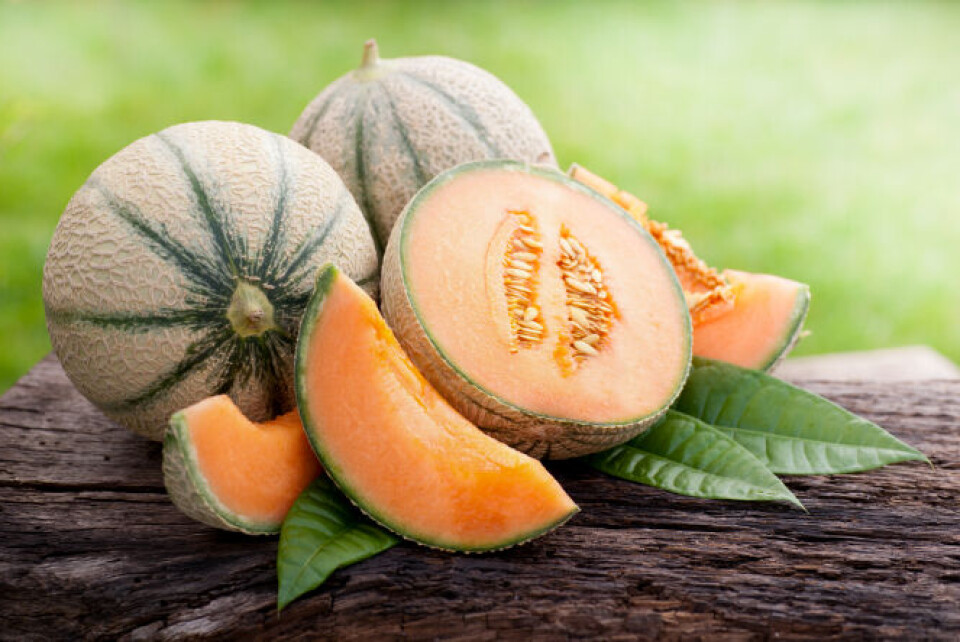
This means to have a big ego. The melon refers to the head. Prendre le melon is also used, meaning someone is becoming big-headed.
More French expressions to try
8 French food idioms for when things are going wrong
7 French expressions to use when it's hot weather
7 French expressions to talk about the Tour de France
























